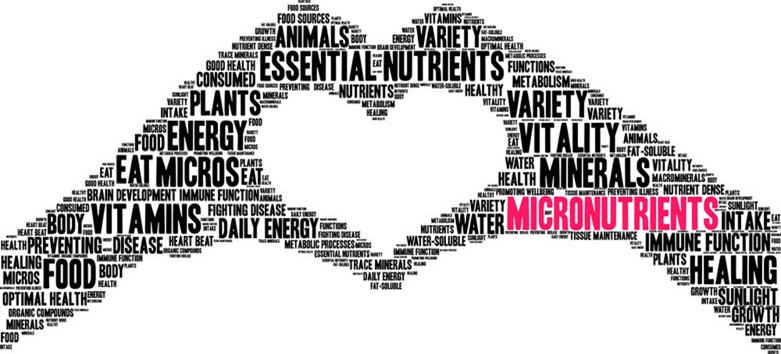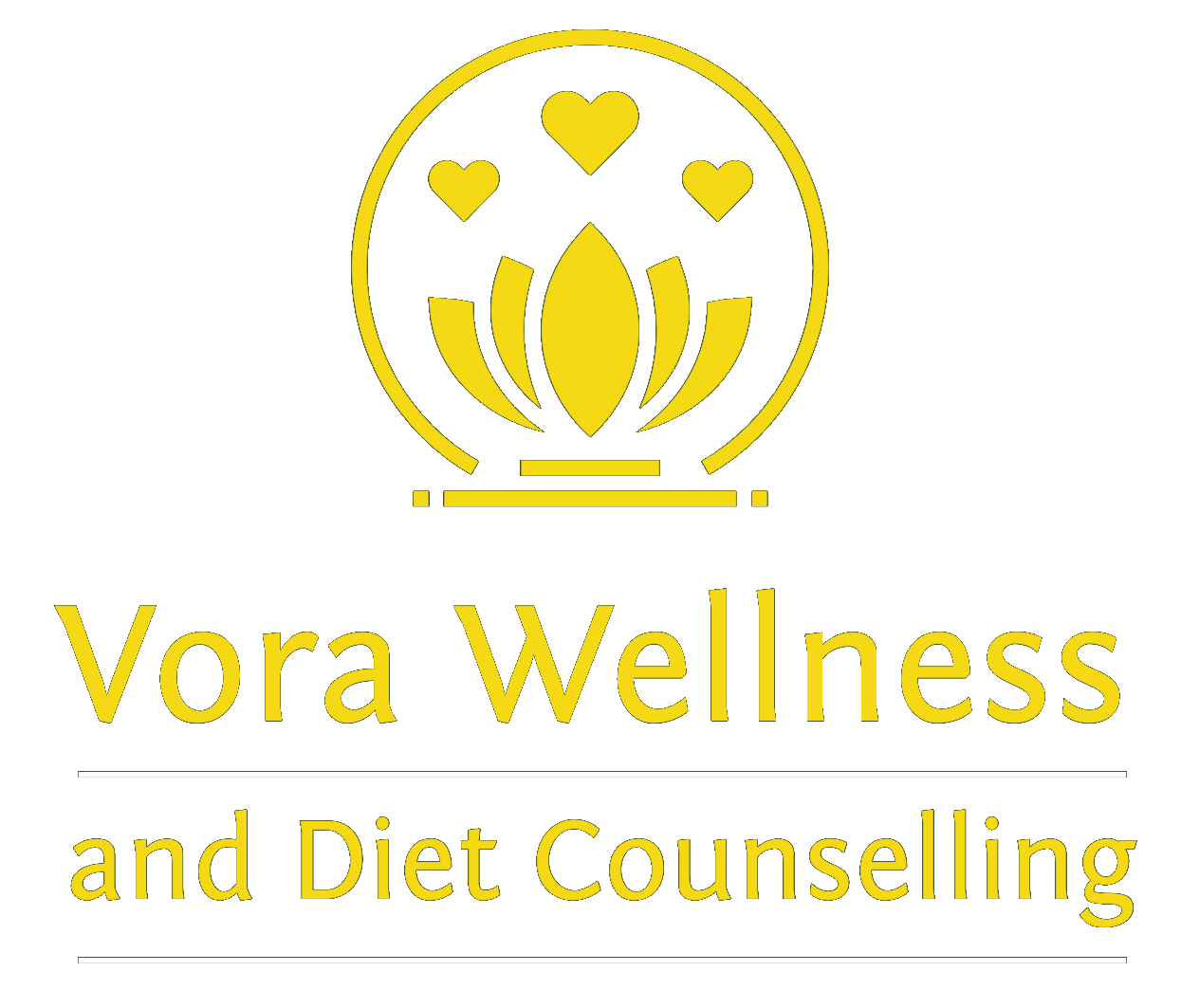
A Quick Guide To Micronutrients
The word “FOOD” brings to our mind countless images. Food plays a big role in our lives and it sustains us, nourishes us. So it is a “life giver”.
But there are some vitamins that we consume less in our diet. The “vita” part of the word “vitamin” means “life”. So vitamins are vital and essential for life and health. They regulate metabolism and help in growth. So here are some vitamins and minerals that play very important in our lives – and being more aware about them can lead us to balanced health
Vitamin D – The Sunshine Vitamin
People are mostly deficient with vitamin D which is also called “Sunshine Vitamin”. This is because it’s manufactured from a substances present in our skin on exposure to sunlight.
We don’t necessarily have to depend on dietary sources of vitamin D, if we get enough exposure to sunlight. It is advisable to soak yourself in gentle morning sunlight at least 15 to 20 mins everyday.
Vitamin D is very important for women after age of 40, because Vitamin D is pivotal of the absorption of calcium and maximizing bone health. Women suffer from osteoporosis and fractures, due to lack of calcium which is directly related with Vitamin D. So, Vitamin D is very important for women after 40 and in older age. In food – we get Vitamin D from animal origins like eggs, liver and butter. But plant origin don’t contain Vitamin D.
Vitamin B12
Second vitamin which is very important for proper functioning of the digestive tract and nervous system is vitamin B12.
Vitamin B12 is also synthesized in our body in the intestinal tract by certain helpful bacteria. So this vitamin is important for normal red blood cells in the bone marrow and proper functioning of nervous system.
We can get Vitamin B12 from animal food like milk and eggs. Doctors recommend Vitamin B12 supplements to support healing of issues related to nerves and muscles.
Vitamin C – The Fresh Food Vitamin
Vitamin C or ascorbic acid is also known as “fresh food vitamin” because fresh fruits and vegetables are its major sources. It is also a water soluble vitamin.
We get vitamin C from citrus fruits like Oranges, Lime and Amla. (Amla/Gooseberry is the cheapest source of vitamin C and it provides 20 times more ascorbic acid as compared to the expensive citrus fruits). In vegetables we get it from tomato, green chilies and capsicum. Cereals and pulses are poor in vitamin C but when sprouted and fermented become a good source.
Vitamin C is also immunity booster, so get this from natural sources as a part of your lifestyle and not only when you need it, like people did during the pandemic. You should include in your daily diet for better health and glowing skin.
Vitamins are organic compound which are needed only in small amount by the body.
Minerals
Some minerals are required in smaller amounts and some are required in larger amount by the body. The human body contains as many as 19 minerals needed in varied amounts. Some of the important minerals found in our body include Calcium, Phosphorus, Iron, Iodine, Sodium, Potassium, Zinc and Chloride.
Calcium, phosphorus, sodium and potassium are required in larger amounts by the body as they are basically concerned with development of bones and teeth and also regulation of body process. Minerals like iron, iodine,zinc, copper are required in much smaller amounts and constitute a very small proportion of the body’s inorganic requirement. These minerals are called trace element and each performs it’s own specific functions.
Our system of diet management focuses only on macronutrients like carbs, protein and fats. However our diets have to be holistic and rich in essential vitamins and minerals too.
Because our overall health depends on these.
